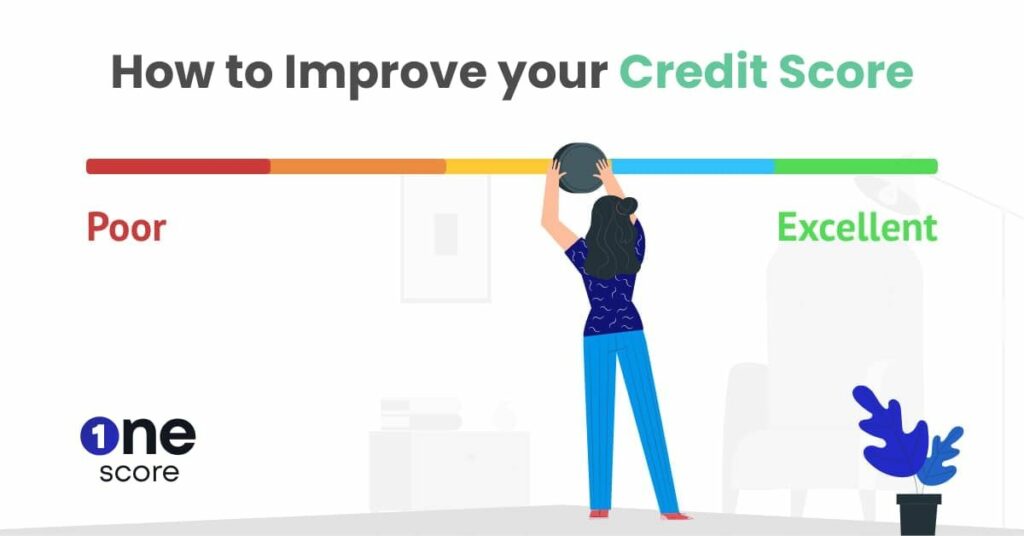You may be curious about a reverse mortgage if you are trying to figure out the best way to manage your finances after retirement while also seeking the greatest financial planning.
A reverse mortgage is a way of borrowing money. On the other hand, in contrast to conventional loans, it enables homeowners with a minimum age requirement of 62 years old to turn a part of their home equity into liquid assets.
People who look to augment the cash they have set aside for retirement may be interested in this sort of loan. You may even use the money from a reverse mortgage to pay off an existing mortgage or your credit card bills if you already have one.
The question here is, “How does a reverse mortgage work?” A reverse mortgage allows you to use the value of your present home as security for a new loan rather than taking out a loan to purchase a new property. In contrast, a standard mortgage requires you to take out a loan to buy a property.
However, unlike a home equity loan or a home equity line of credit (HELOC), you will not be forced to make monthly payments to repay the reverse mortgage loan. Instead, suppose the borrower sells the property, dies, falls behind on property tax, homeowners’ association (HOA) fees, or insurance payments, or fails to properly maintain the home’s condition. In that case, the lender will deduct the payment from the remaining equity in the house.
We will focus on the best ways to choose the ideal reverse mortgage lender for you.
Customer Feedback and Genuine Reviews
Few things carry greater weight than a five-star review in today’s digitally driven world. And, as with any major decision, selecting the lender with the best reputation for giving reverse mortgages necessitates some research. Even if this means reading internet reviews provided by legitimate customers, you should be aware of some of the sponsored advertisements and reviews you may come across. Nowadays, just a few websites give real, unsponsored assessments; these ratings are often bought or sold.
When you want to guarantee that the reviews you are reading are authentic, it is best to go to sites that are trustworthy, independent, and managed by third parties, such as Yelp, Google, and the Better Business Bureau. These websites will not accept monetary payments in return for sponsored reviews.
Costs
Since the costs of a HECM loan might vary based on the institution providing the reverse mortgage, it is important to do your research. While the HECM guidelines require that the origination cost be limited, lenders have considerable freedom in choosing how much they may charge for this reverse mortgage fee.
The interest rate charged may change not just between lenders but also between various types of goods. You may receive a loan with either a fixed or an adjustable interest rate. On the other hand, the FHA has placed restrictions on certain adjustable-rate mortgages. Monthly servicing expenses may vary based on the lender or loan servicer.
The lender does not influence the subject of the additional fees. The mortgage insurance premium, or MIP, is a HUD-mandated payment that is placed on the borrower in the form of both an upfront charge and a monthly MIP. The relevant third party decides any charges linked to third parties.
Some lenders may explain that their interest rates are derived by adding a margin to a certain index rate. If they do, you should question the current interest rate.
Experience
Choose a reverse mortgage lender that has years of experience and has acquired the necessary training.
Traditional mortgages and reverse mortgages are two completely different kinds of financing. Borrowers and their properties must comply with a slew of extra criteria. A conventional mortgage is handled quite differently from a reverse mortgage, as detailed in greater detail in the next phase.
As a result, choose a lender that stands out in the competitive market owing to its extensive business knowledge. The lending firm must have the right licenses.
Similarly, the application process for a reverse mortgage may be time-consuming and complicated. With the help of an experienced reverse mortgage lender, you will have a simpler time navigating the process.
They have experience handling hundreds, if not thousands, of cases that are quite similar to one another. They understand every phase, nuance, and oddity of the operation.
Lender Requirements
In most cases, lenders will abide by the requirements set forth by the federal government for HECM loans. However, a lender may have some freedom, such as mandating whether house repairs must be performed before they will accept your application for a loan. This is one example of how a lender may have some leeway.




